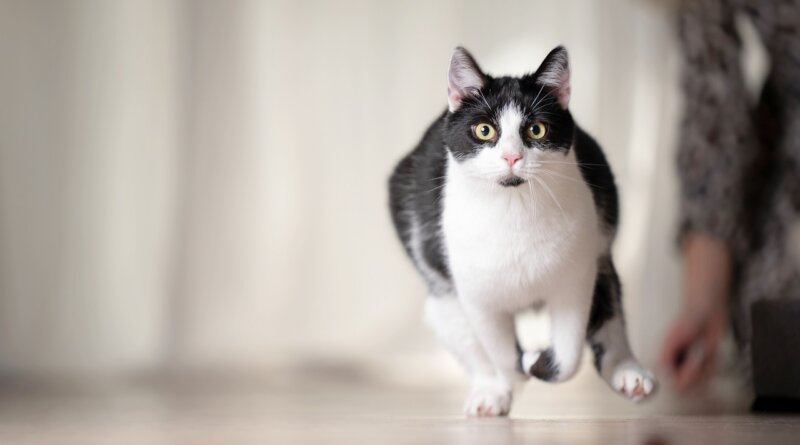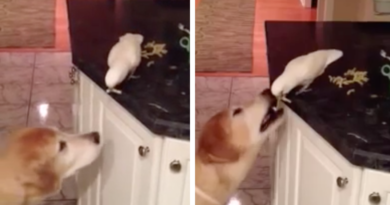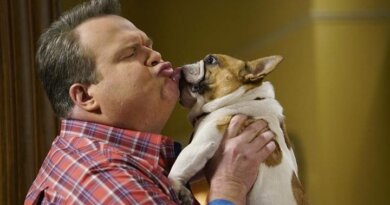Why Do Cats Get the Zoomies? – Top Dog Tips
If you’ve spent time around cats, you’ve probably heard the term “zoomies”. It is the word us cat owners use to describe those random bursts of energy that our cats seem to get from time to time. If you’ve been wondering, why do cats get the zoomies, the answer might surprise you!
Getting a case of the zoomies is completely normal for cats, and nothing for pet owners to be concerned about. While it might be a little bit annoying when your pet zips through the house making noise in the middle of the night, it’s typical behavior that is seen in almost every cat.
The official scientific term for this silly behavior is frenetic random activity periods (FRAPs). As the nickname would imply, cat zoomies are when an animal ‘zooms’ around the house, frantically running like crazy. As fast as the behavior starts, the zoomies end and your cat is back to his old self walking calmly and sleeping in a patch of sunlight.
So, why do cats get the zoomies? Does anyone really know the answer to this questions? Experts in the veterinary field have shed some light on this topic, and I’ll give you all the details in the following article.
Why Do Cats Get the Zoomies?

1. Hunting Instincts
Even if you have an indoor only cat, they still have natural hunting instincts. It may seem as if your cat is chasing after nothing, but they actually be “hunting” a shadow, dust bunny or particles they see floating in the air. Cats have a natural drive to hunt that can’t be stopped just because there isn’t any available prey.
All cats are ambush predators, enabling them to conserve energy for multiple short bursts when hunting. Indoor cats that don’t get enough exercise will often engage in the zoomies to release some of that pent-up energy.
2. Sleep Habits
Cats can sleep anywhere from 12-18 hours per day. When they wake up, they may feel the urge to burn some energy by taking a quick run down the hallway or through an empty room. After a long nap, a bout of the zoomies is a good way to stimulate their body and mind.
3. Bathroom Relief
Some cats like to take a victory lap after they’ve used the litter box. The relief of going to the bathroom may switch your cat into “zoomy mode”. If your cat is otherwise healthy and only gets the zoomies once in a while, you have nothing to worry about. If your cat gets the zoomies quite often after having a bowel movement, you may want to keep watch for additional signs of trouble.
Discomfort or pain while using the bathroom may cause your cat to dart out of the litter box and zip around until the discomfort subsides. If your cat gets the zoomies after using the litter box on a regular basis, it could be sign of a urinary tract infection, bowel obstruction or other serious health problem.
Keep an eye out for unexpected weight loss, changes in eating/drinking habits, changes in litter box usage or unusual vocal sounds. Check the litter box for any blood in the urine or stool or any mucus in the stool. If you notice any of these other symptoms, be sure to contact your veterinarian immediately.
Now that you know that your cat’s spontaneous bursts of energy are not likely something that you need to worry about, you can try to prevent them with some added playtime throughout the day. Use cat toys, laser pointers or treats to engage your kitty in a fun game for as long as his attention span will allow. While some cats will play for 15-20 minutes, others will become uninterested after just a few minutes.
Playing with your cat will burn some of his excess energy, will result in less bouts of the zoomies. It will also foster the bond between you and your pet, while making you both a bit happier. It’s a win-win!
READ NEXT: The Evolution of Cats – Knowing Our Favorite Furry Friends
Related




